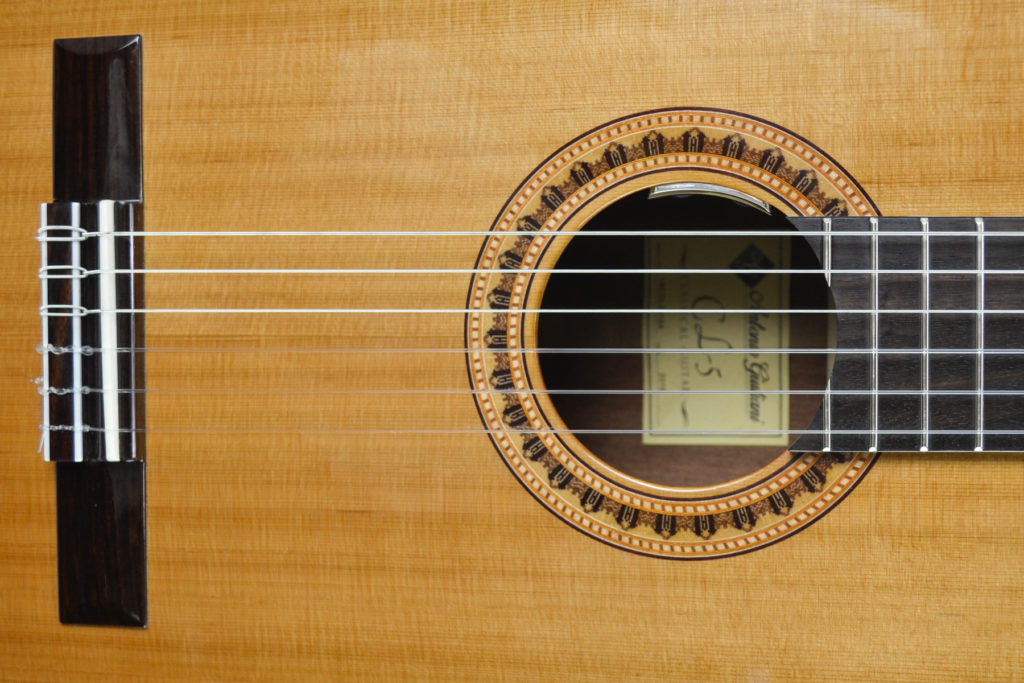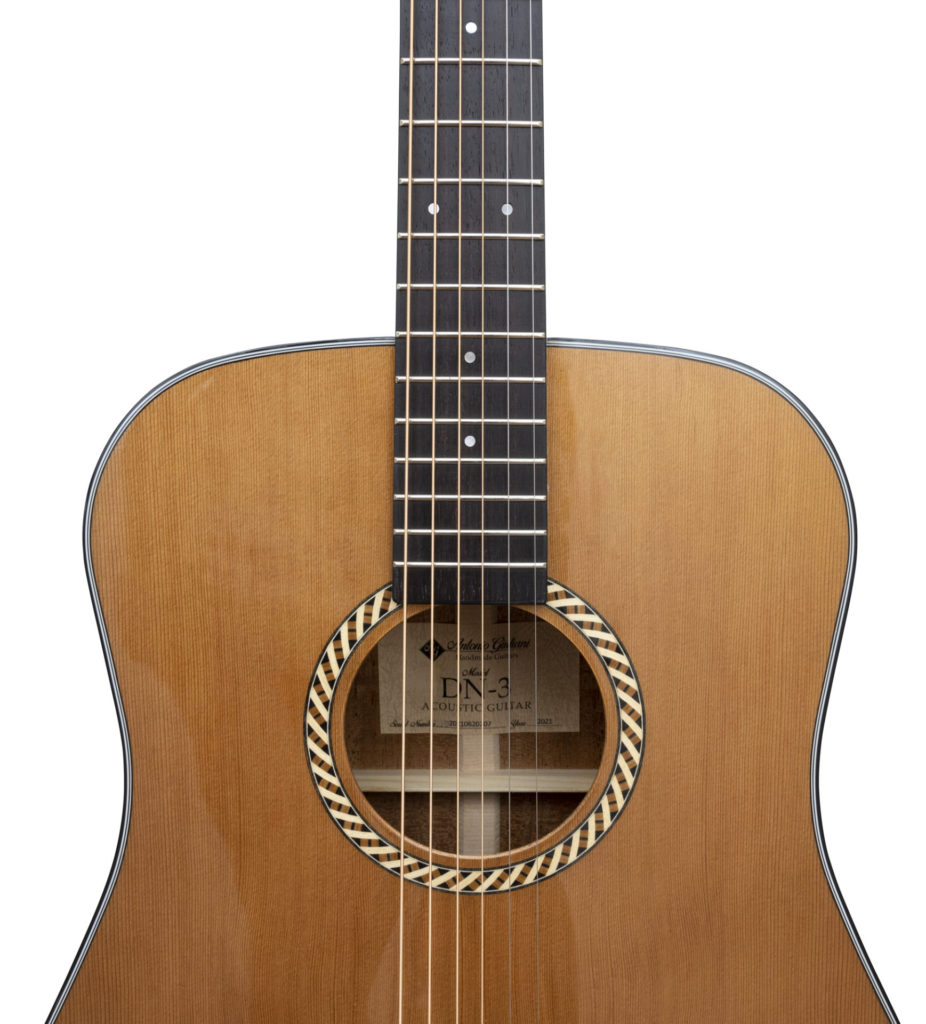As a guitarist, you’re always on the lookout for ways to push the boundaries of your music and explore new sounds. But when it comes to using steel strings on a classical guitar, it’s essential to proceed with caution. In this article, we’ll delve into the world of classical guitars, explore the potential benefits and drawbacks of using steel strings, and provide guidance on whether it’s a good choice for your instrument.
The Short Answer
Can you put steel strings on a classical guitar? Yeah, but don’t do it. Like, seriously, don’t. Unless you’re looking to ruin your axe and waste your time, stick with nylon strings. But, if you’re still curious, keep reading, and I’ll give you the lowdown.
The Classical Guitar: A Delicate Instrument

Classical guitars are renowned for their warm, rich sound and elegant design. These instruments are crafted with precision and care, with a focus on producing a soft, intimate tone that’s perfect for classical music. The neck, bridge, and body of a classical guitar are designed to accommodate the unique characteristics of nylon strings, which are the traditional choice for these instruments.
Steel Strings: A Different Beast Altogether

Steel strings, on the other hand, are designed for steel-string guitars, which are built to handle the increased tension and stress of steel. These strings produce a brighter, more trebly sound that’s perfect for a wide range of musical genres, from folk to rock. However, using steel strings on a classical guitar can be a recipe for disaster if you’re not careful.
The Potential Benefits of Using Steel Strings on a Classical Guitar
So, why might you want to use steel strings on a classical guitar? Here are a few potential benefits:
- Increased volume: Steel strings produce a louder sound than nylon strings, which can be beneficial for players who need to project their sound in a larger setting.
- Brighter tone: Steel strings produce a brighter, more trebly sound than nylon strings, which can be appealing to players who prefer a more aggressive tone.
- Increased sustain: Steel strings tend to sustain longer than nylon strings, which can be beneficial for players who want to create a more dramatic sound.
The Potential Drawbacks of Using Steel Strings on a Classical Guitar
However, there are also some significant drawbacks to consider:
- Increased tension: Steel strings put more tension on the guitar’s neck and bridge, which can cause damage over time.
- Different playing feel: Steel strings have a different playing feel than nylon strings, which can take some getting used to.
- Potential for damage: If the guitar is not designed to handle steel strings, the bridge or neck may be damaged.
The Verdict: Should You Use Steel Strings on a Classical Guitar?
So, should you use steel strings on a classical guitar? The answer is a resounding “maybe.” If you’re looking for a brighter sound and are willing to take the necessary precautions, using steel strings on a classical guitar can be a good choice. However, if you’re not careful, you could end up damaging your instrument.
Tips for Using Steel Strings on a Classical Guitar
If you do decide to use steel strings on your classical guitar, here are a few tips to keep in mind:
- Use a lower-tension steel string: To reduce the risk of damage to your guitar, use a lower-tension steel string.
- Adjust your playing style: Steel strings require a slightly different playing style than nylon strings, so be prepared to adjust your technique.
- Keep an eye on your guitar’s condition: Regularly inspect your guitar’s neck, bridge, and body for signs of damage or wear.
Conclusion
Using steel strings on a classical guitar can be a good choice if you’re looking for a brighter sound and are willing to take the necessary precautions. However, it’s essential to be aware of the potential drawbacks and take steps to protect your instrument. By following the tips outlined in this article, you can enjoy the benefits of steel strings on your classical guitar while minimizing the risks. Happy playing!
